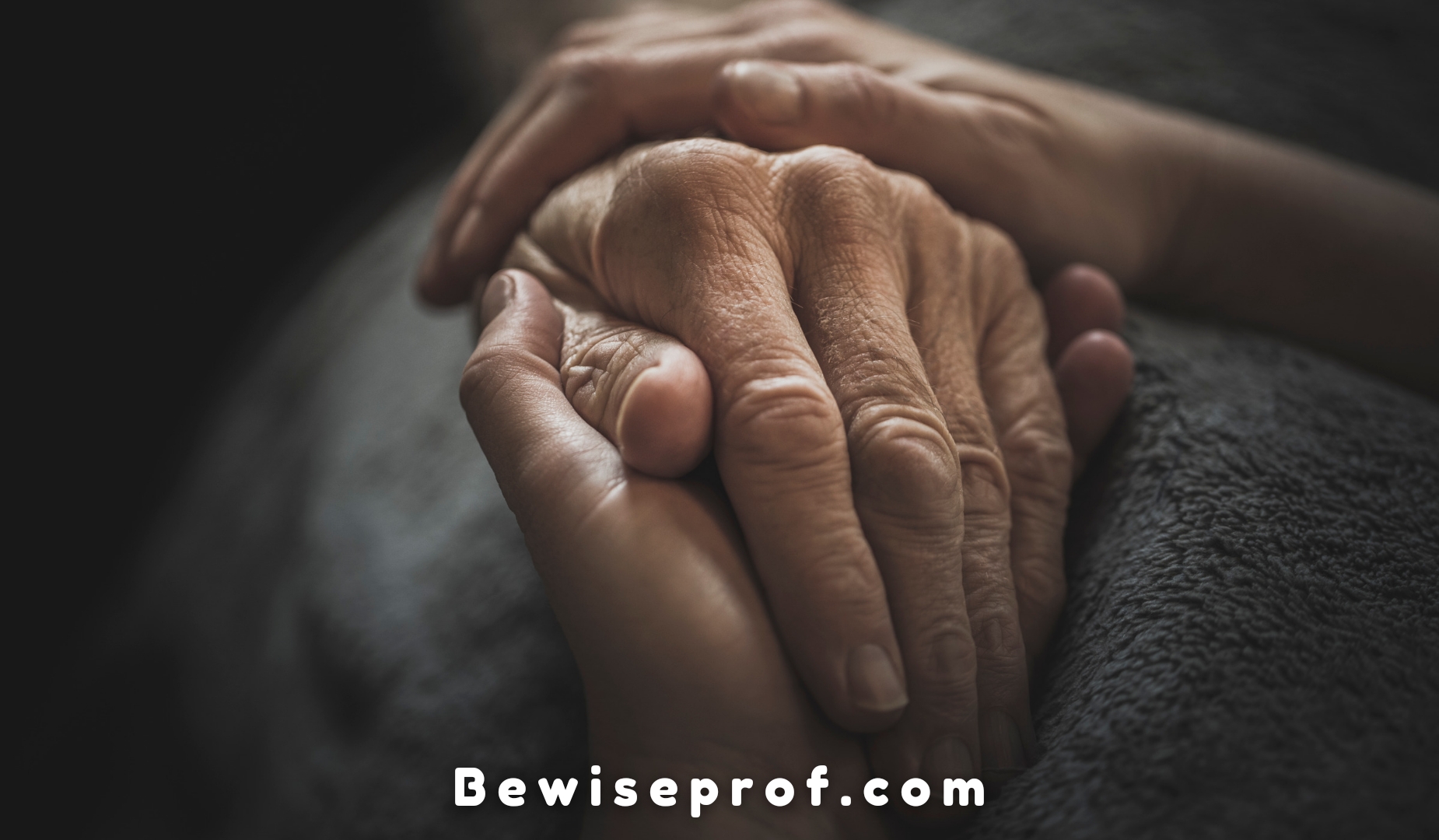Ageing is an uncomfortable fact of life. As we approach our seventh, eighth, ninth and (if we’re lucky) tenth decades, we might become increasingly reliant on the support of our close family members. We might need their help in coping with physical frailty, or with cognitive decline.
If you have an elderly family member who is in need of care, then you might be unsure of how to provide it. What’s more, you might have legal questions. How are you going to deal with their estate, and represent their wishes when they lack the power to do it themselves?
Psychological challenges
Many elect to care for their elderly family members themselves, rather than bringing in professional help to get it done. This can have several psychological consequences for the care provider, and it’s worth anticipating some of the symptoms, so that you aren’t blindsided by them.
You might experience something called carer burnout. This is a feeling of exhaustion, both mental and physical, which will impact your ability to provide care. It’s common for carers to feel guilt at their feeling this way. You might also stop drawing satisfaction from providing care.
If you feel this way, it’s a good idea to acknowledge those feelings, and perhaps confide in a friend. You might enlist in the help of other family members, too. Of particular importance is your own physical health. Make sure that you’re exercising regularly, eating properly, and getting enough sleep.
Legal considerations
There are a few things to think about where the law is concerned. You are not legally obliged to pay for your elderly family member’s healthcare, until you choose to involve yourself in their finances. A good solicitor will be able to talk you through what’s required.
The elderly person might grant you something called lasting power of attorney. This will allow you to make decisions about their property (including money), and their health, starting from the point at which they lack the mental capacity to make their own decisions.
You might also help your elderly relative in the development of their will, which is a document that will outline their wishes for their estate after they have died. There’s also something called a ‘living will’, or advance decision to refuse treatment, which will allow a specific sort of treatment to be refused in the future.
Planning in advance
The earlier you start to plan for your ageing family members, the better. Advance planning will minimise the likelihood of you being taken by surprise by a sudden decline. While starting a conversation about end-of-life wishes might be difficult, it’s a topic worth grappling with. You can use humour to make the issue less intimidating, or you can just go for the straightforward approach.
